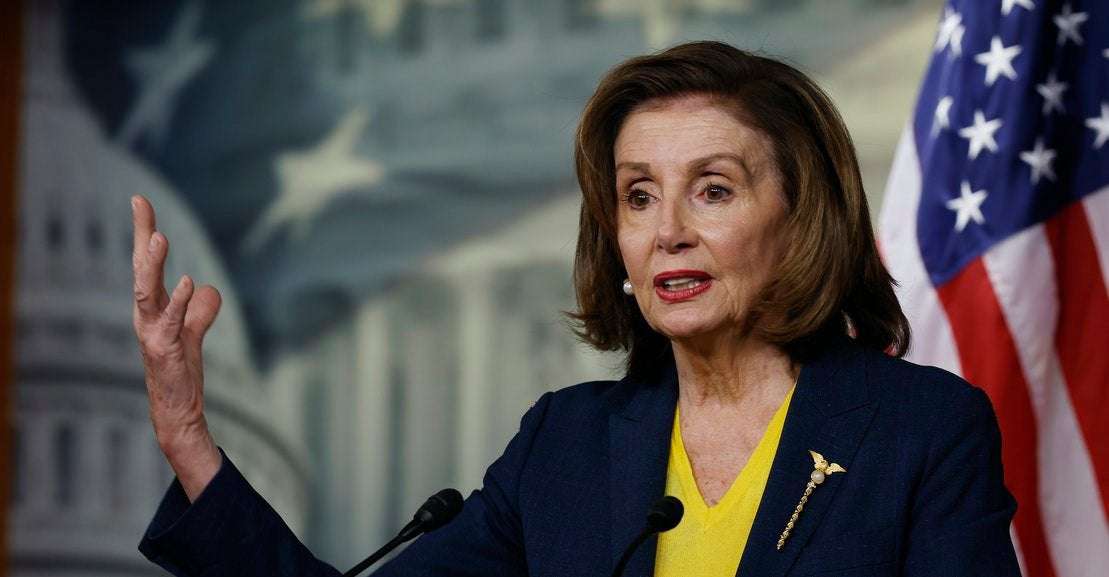But the law appears unable—or its enforcers appear unwilling—to cover less blatant cases. Take, for instance, the plight of North Carolina Senator Richard Burr. In February 2020, just one month before the COVID-19 pandemic upended American life, Burr sold more than $1.6 million in stocks. That same day, ProPublica reported in October, he also called his brother-in-law and spoke with him for 50 seconds. Within the next minute, Burr’s brother-in-law called his own stock broker to take action. As chairman of the Senate Intelligence Committee at the time, ProPublica noted, Burr had access to all sorts of non-public information about national security and public-health threats to it.
Federal prosecutors reportedly declined to bring charges against Burr after an investigation, though he stepped aside as the Intelligence Committee’s chairman and won’t be running for re-election. Other lawmakers whose trades came under scrutiny last year also escaped any criminal sanctions. Former Georgia Senator Kelly Loeffler sold $16 million worth of stocks right before the market collapsed in the spring of 2020, while California Senator Dianne Feinstein was questioned by the FBI over her husband’s stock trades during that time period. Inquiries by federal investigators and the Senate Ethics Committee in both circumstances wound down without greater consequences.
Many other stock trades by lawmakers appear to be relatively mundane, or are made by third parties for ethical reasons, or don’t involve particularly large sums. But among some lawmakers and their spouses, stock trading appears to be more of a passion than a mere investment strategy. According to a report from The New York Times, former Georgia Senator David Purdue, for example, reported a whopping 2,596 trades during his six years in office—roughly one-third of all stock trades made by lawmakers in that time period. Purdue claimed that his trades were performed by a third party without his input, but the Times found instances where he had personally directed trades and had bet on companies that would fall under his committees’ jurisdictions.
And then there’s Pelosi herself. As speaker, she wields tremendous influence over the shape of legislation and its chances for reaching the floor. Her husband Paul, who operates an investment firm in San Francisco, has had some fairly healthy success with investing in tech firms in nearby Silicon Valley. One of his call-option trades over the summer in Alphabet, Google’s parent company, even reaped a $5.3 million profit. The Pelosis’ trading acumen became something of a meme among retail investors on TikTok and Reddit over the last two years, with some analysts trying to mimic their trades to match their success.

allonzeeLV on December 18th, 2021 at 03:19 UTC »
Good luck getting the foxes to vote against their own hen house access.
For a large swath in Congress, it's the entire point and goal of their entire political careers: bribes and insider trades, insider trades and bribes.
This system is so far beyond saving on so many fronts its almost a cartoon of failure.
BigTaperedCandle on December 18th, 2021 at 01:34 UTC »
Make all members of Congress make their positions public upon election, and while in office they must publish in writing any change they're going to make 10 days in advance.
Lawn_Orderly on December 18th, 2021 at 01:06 UTC »
Wrong. Lawmakers should not own individual stocks. CPAs can't own stocks of companies their firms' clients because this could impair their independence and be a perceived conflict of interest. The same reasoning should apply to legislators.